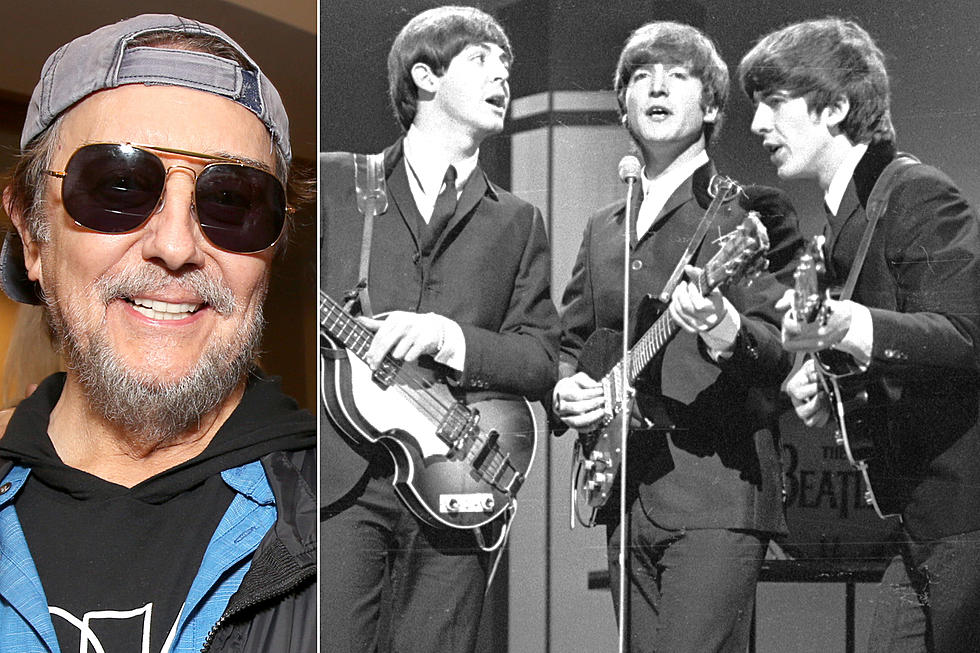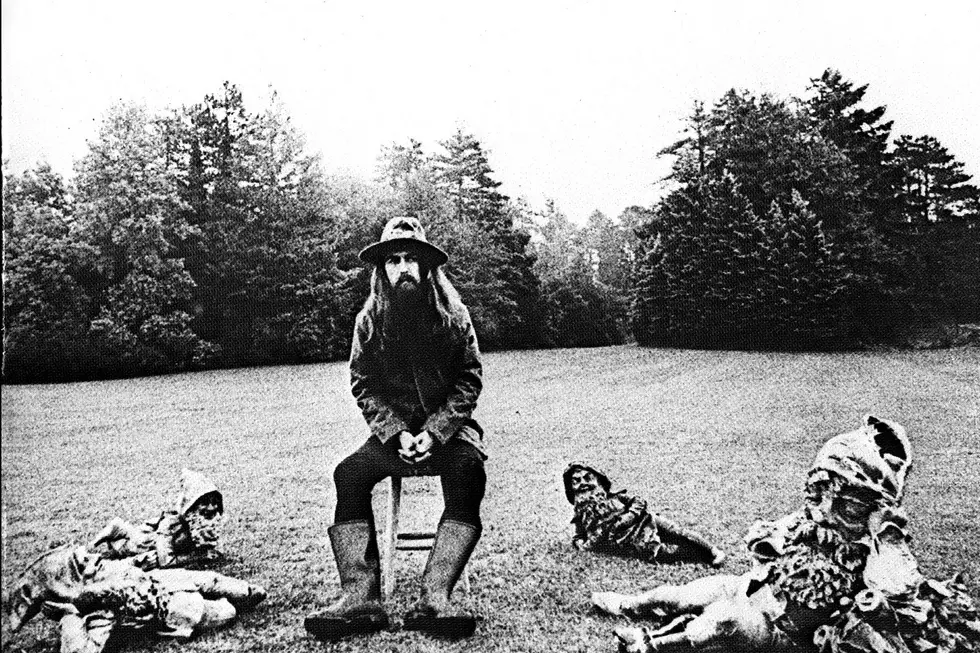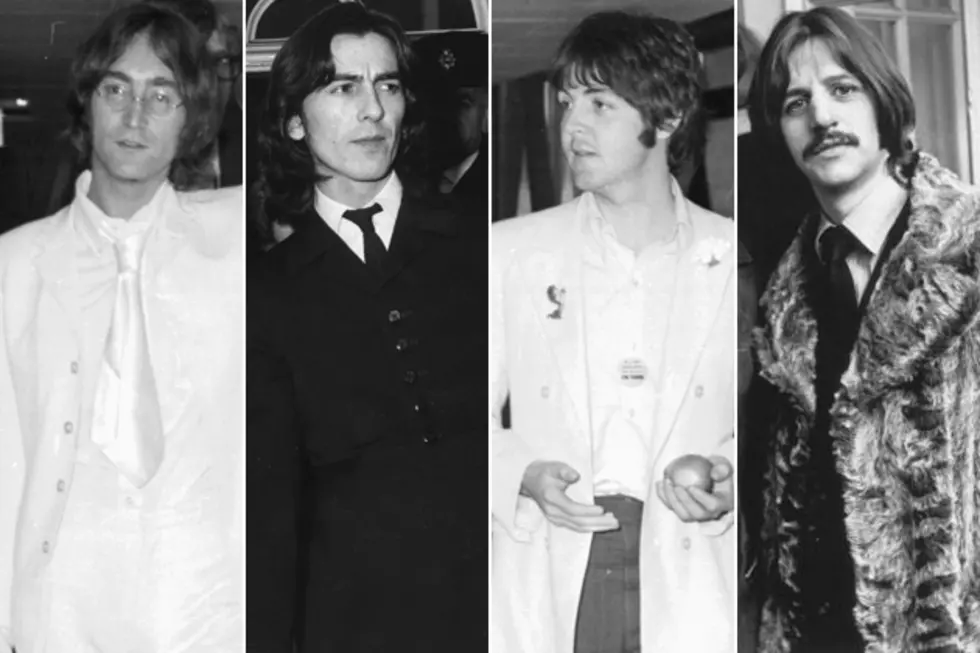
When George Harrison Returned With a Relaxed Self-Titled Album
Feb. 20, 1979 marked a celebratory day for loyal Beatles fans, nearly a decade after the group’s dissolution, because it signaled the release of George Harrison’s first album in more than two years.
The self-titled LP coincided with a particularly idyllic period, marked with personal stability and happiness resulting from his second marriage (to Olivia Trinidad Arias Harrison) and the birth of his son Dhani the previous August. So good was life for the former Beatle, some fans started to wonder if he would even bother returning to public life, never mind writing and recording new music. He was the quiet one, after all.
But not even the press-averse, multi-hobbyist Harrison (then busy forming HandMade Films with the Monty Python team, among other projects) could refuse the call of his muse forever. So, he had eventually set to work at his home studio at Friar Park in early 1978, leisurely assembling what would become George Harrison with the help of celebrity friends like Steve Winwood and Eric Clapton, plus co-producer Russ Titelman and songwriter Gary Wright.
What emerged was a crystallized sonic reflection of Harrison’s blissful (if hard-won) frame of mind, via gentle fare like "Love Comes to Everyone," "Your Love Is Forever" and the lead single "Blow Away."
Listen to George Harrison Perform 'Blow Away'
George Harrison’s songs bridged past and present with effortless coherence. From the past came "Not Guilty" (a White Album leftover composed during the band’s infamous Indian sojourn) and "Here Comes the Moon" (a lyrical sequel to his "Here Comes the Sun" from Abbey Road); from the present, "Soft-Hearted Hana" (which boasted background sounds captured at Harrison’s local pub) and "Faster" (inspired by and featuring sounds from his obsession with Formula 1 racing).
In all, most of these songs may not have generated enough rock 'n' roll swagger and excitement for some critics, but they suited Harrison’s fans just fine. Unfortunately. it couldn’t last.
New trials, both trivial and significant, lay just around the corner — none more painful and traumatic than John Lennon’s assassination, barely two years later. In that respect, George Harrison can be seen as the last exhaled breath of innocence before that tragedy draped a black shroud over Harrison and the Beatles' technicolor dream forever more.
See George Harrison Among the Top 100 Albums of the '70s
More From Ultimate Classic Rock









